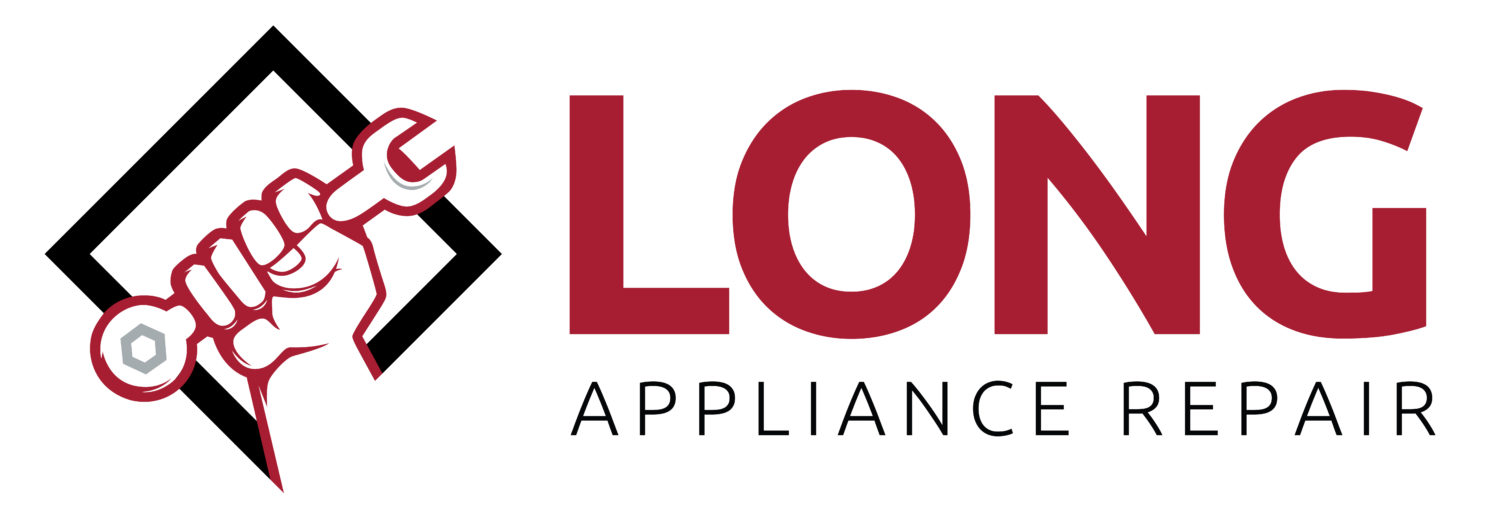Appliance Safety Tips
The appliances inside a home can make life less stressful, but if you use household appliances the wrong way, they could produce noticeable risks. It is best to protect your appliances and make sure they won’t become hazards by adhering to these helpful appliance safety recommendations from Long Appliance Repair.
The professional tips in this article will help to prevent fires and injuries due to kitchen appliances. That being said, hazards could still happen. In the event an appliance breaks or begins to malfunction and becomes a safety concern, reach out to a professional appliance repair.
Install GFCI Outlets in Wet Locations in a Home
Kitchens, laundry rooms, basements, bathrooms, outdoor areas and garages can besusceptible to possible dampness or water. Of course, electricity and moisture do not mix, so power cords and wires should always be plugged into GFCI outlets.
This particular type of outlet prevents electrocution by tripping the circuit when any interruptions in power occur.
If you don’t already have GFCI outlets installed in wet locations inside of your home, it’s time to install them or call an electrician in CITY. Then, for further safety measures, you will want to heed the warnings of certain appliance manuals that indicate a home appliance is not designed for outdoor use.
Wires, Outlets & Electronics Far Away From Damp Areas
A lot of home appliances are specifically designed for the outdoors, such as gas and charcoal grills. If you make us of electrical appliances outdoors – including refrigerators, dishwashers, freezers and ice makers, power tools and others – ensure that all of the outlets and cords are 100% dry. Weatherproof electronics will help, combined with GFCI outlets with water-tight gaskets.
Extension Cords are a Temporary Option
Extension cords pose several evident risks, including:
The likelihood of loose connections that sometimes can cause sparks and a fire.
The likelihood of power interruptions that will break the appliance.
Increased susceptibility to moisture penetration that might result in electrocution.
The potential for cords overheating and turning into a fire hazard when an inadequate extension cord is used for a high-power appliance.
When choosing an extension cord for short-term use, make sure it’s the right gauge for the electrical appliance in question. The lower the gauge, the larger the cord size. For instance, a simple electrical extension cord for a garden tool could have a 16-gauge wire while a big cord for a air conditioner unit requires a 12-gauge wire.
The length of the cord is also a factor. The longer the extension cord is, the more electricity is gone enroute, something known as voltage drop. Short extension cords are recommended for electric tools and similar equipment.
Read the Manual for Any Type of Appliance You Buy
It is easy to guess that you know how to use your brand new washing machine or dishwasher without consulting the manual, but consulting the manufacturer guidelines is necessary for a lot of reasons:
You will want to find out whether your home’s electrical wiring is good enough to power the new appliance. You may need to install a better circuit to prevent overloading any existing ones.
You learn more about advanced features you would not have otherwise known.
You discover if the new appliance is OK for outdoor use or not.
You avoid the frustration that can sometimes come from attempting to start a appliance with no instructions!
Unplug Small Appliances When Not Being Used
You are able to stop unnecessary energy use by unplugging them when you aren’t operating them. This is because small appliances often include LED signals, timers and other features standby times.
Unplug televisions, computer monitors, internet routers, video game systems, phone chargers and more to cut back on unnecessary energy use. But remember, it is OK to keep DVRs and similar items plugged in to not miss their automatic background functions.
For even more tips on ways to use appliances safely, or to schedule a local appliance repair company, please contact Long Appliance Repair. Our repairmen can repair all name brand home appliances!
OTHER RESOURCES:
Appliance Repair Cost
DIY Appliance Repair Tips
Repair or Replace Appliances
Refrigerator Parts
Home Services Campaign Disclaimer: This site is a free service to assist homeowners in connecting with local service providers. All contractors/providers are independent and this site does not warrant or guarantee any work performed. It is the responsibility of the homeowner to verify that the hired contractor furnishes the necessary license and insurance required for the work being performed. All persons depicted in a photo or video are actors or models and not contractors listed on this site.
Copyright ©2025 Long Appliance Repair
